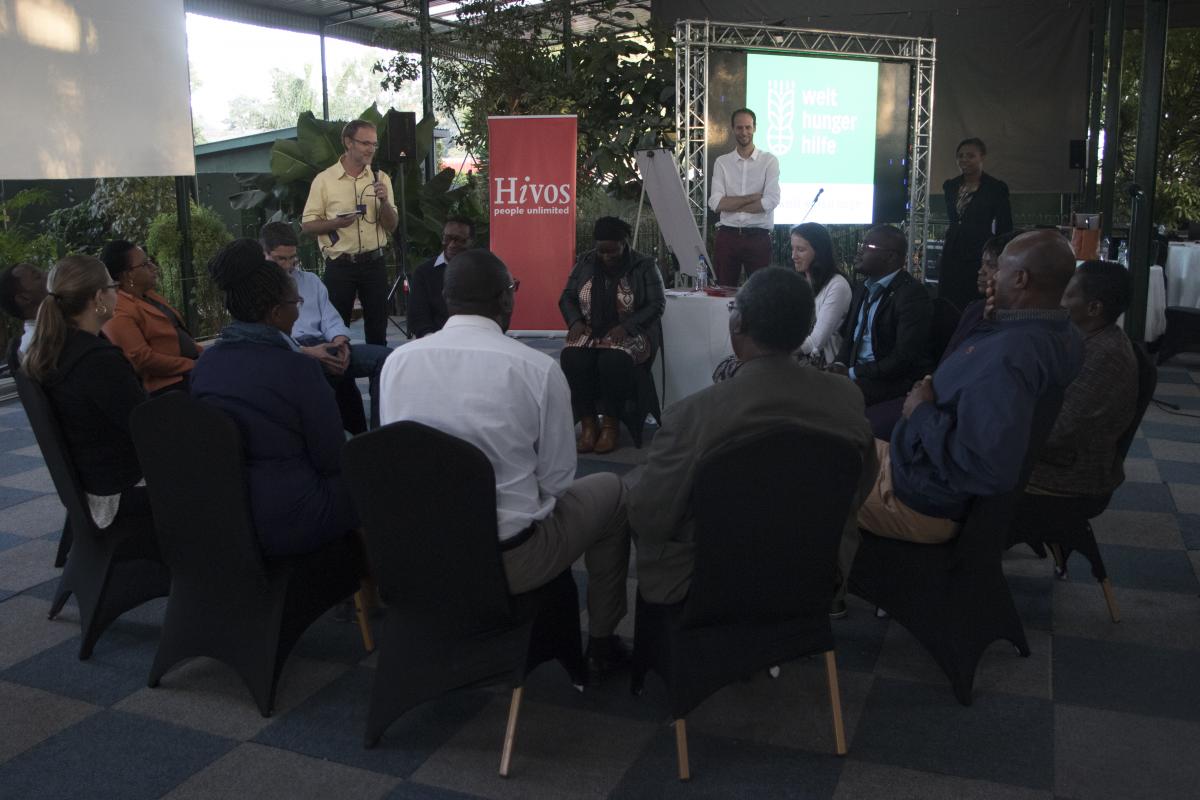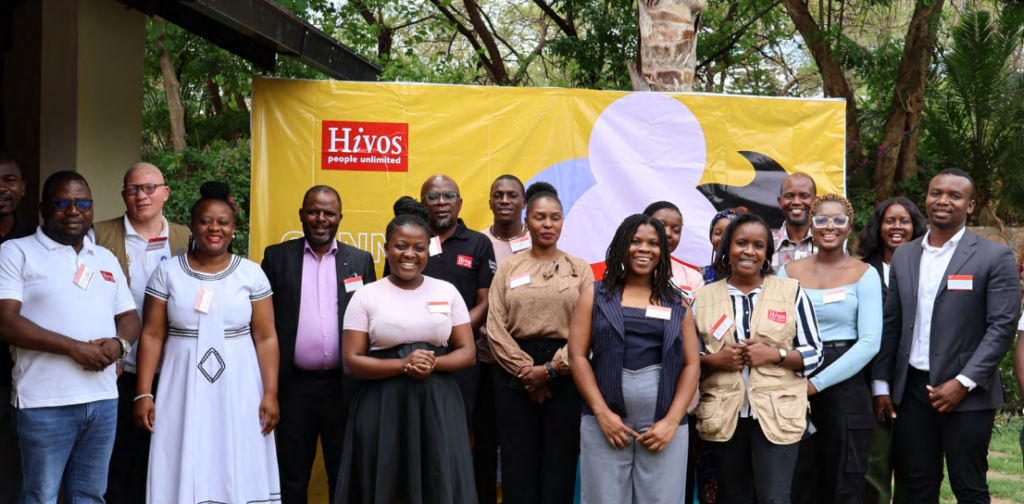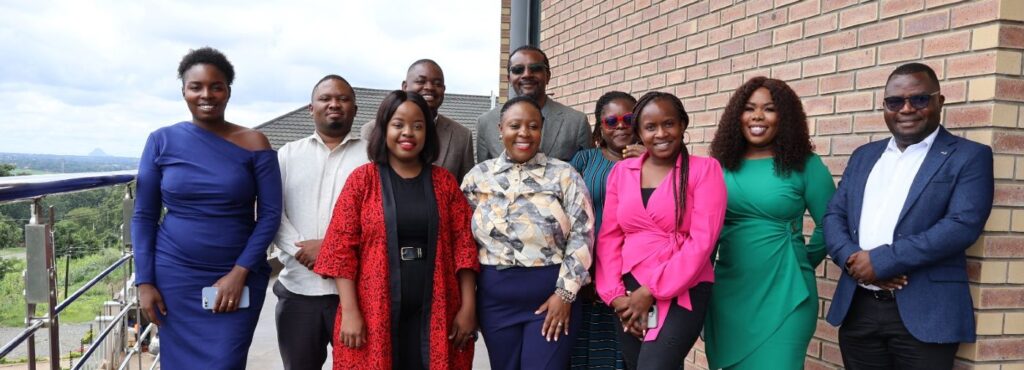Hivos, WeltHungerhilfe and Hivos Impact Investments partnered to train and invest in 14 food entrepreneurs from four Southern African countries: Malawi, South Africa, Zambia and Zimbabwe.
The aim of the #Disrupt!Food business incubation and competitive ideation boot camp held in Harare, Zimbabwe was to support and strengthen the value propositions of entrepreneurs who have an interest in sustainable food production and consumption.
The entrepreneurs had an opportunity to tell stories of why they are in the type of business they are in with a particular focus on their business models. In addition, they explained which problem in the overall food system they are addressing and described their social value proposition.
The Southern Africa region has been stuck in a downward spiral of food and nutrition insecurity due to soil fertility depletion, population pressure and natural resource degradation. The common needs and constraints, connected markets and culture among agri-food entrepreneurs in Malawi, South Africa, Zambia and Zimbabwe holds great opportunity for breaking this vicious cycle.
A healthy micro, small and medium-sized (MSMEs) agri-food sector can ensure that smallholder farmers are in a better position to secure inputs, produce what the market demands, and find off-takers for their products. Capacity development, creating opportunities, enabling policies, market linkages and increasing investments are crucial.
But while many policymakers, NGOs and investors agree on the importance of developing agricultural value chains, actual support for the MSME agri-food sector in Zambia, Malawi and Zimbabwe remains patchy to non-existent.
Against this background, the #Disrupt!Food boot camp provided selected entrepreneurs with the training in order to inspire innovative new insights.
During the two-day business incubation, the entrepreneurs were supported by mentors and experts to bring their business idea to the next level. Mentors and trainers with excellent inside knowledge of the Southern African food sector, financial experts, communication experts and high-level trainers guided the social entrepreneurs to strengthen their value proposition.
The entrepreneurs were taken through the feedback carousel, a cooperative learning activity strategy that involves movement, discussion, and reflection to reinforce knowledge and skills. It also allows the entrepreneurs to share intimate, personal stories about their businesses.
At the end, the food entrepreneurs pitched their ideas and business models in front of an audience and jury of impact investors and experts. The best ideas were selected for follow-up meetings with an investor. Others were mapped, monitored and supported for further steps.
Overall, the cooperation between Hivos, WeltHungerhilfe and Hivos Impact Investments aims to enable innovative entrepreneurs to become agents of change at the forefront of a more sustainable agri-food sector.




